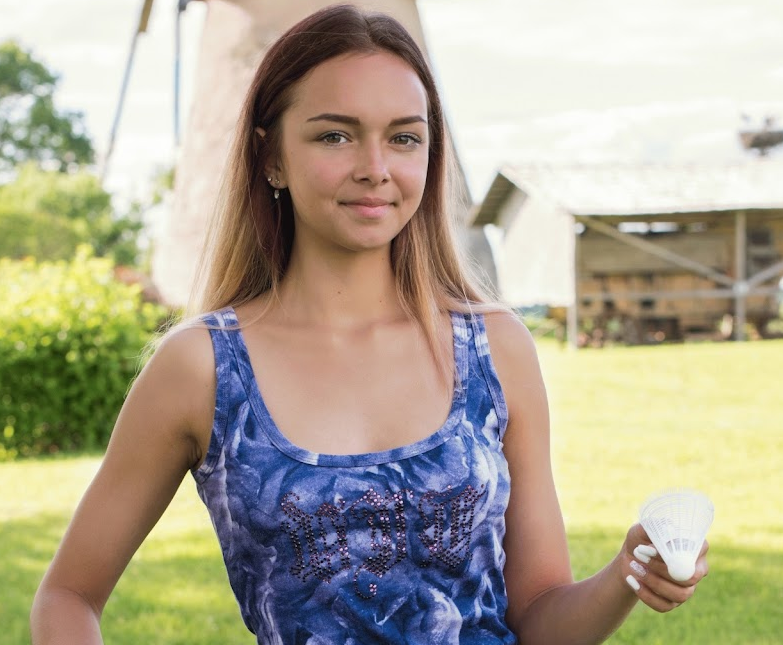When Rachel Edwards began her health journey, she wasn’t looking for magic pills or extreme workouts. She wanted accountability. “The hardest part wasn’t losing weight,” she recalls.

Rachel Edwards Shares Her Experience, Gives Advice on Weight Loss Apps That Track Progress
“It was staying consistent when no one was watching.” That’s when she turned to weight loss apps that track progress. What started as curiosity soon became a digital diary that transformed her motivation, mindset, and long-term success.
From Frustration to Data-Driven Motivation
Rachel’s early attempts at losing weight were emotional roller coasters. She’d start enthusiastically, follow strict plans for two weeks, then lose steam. “I didn’t know what worked or what didn’t,” she says.
Tracking manually in notebooks felt tedious, so she often gave up. Everything changed when she downloaded her first tracking app. “The app didn’t just record numbers — it told a story,” she recalls. “It showed how small daily decisions added up.”
Within a month, she was hooked. The visual progress charts, daily reminders, and habit streaks gave her instant feedback. “When I saw my calorie deficit graph slope steadily downward, it clicked — progress isn’t random, it’s measurable.” She began to see fitness tracking apps not as restrictions but as mirrors that reflected her behavior. “It was like hiring a silent coach who never judged me.”
Choosing the Right App for Real Change
Rachel experimented with several popular options — MyFitnessPal, Noom, Lose It!, and Cronometer — before realizing that different personalities need different interfaces. “If you love structure, MyFitnessPal is great. If you need coaching, Noom keeps you engaged. The trick is finding one that fits your psychology.”
She recommends focusing on three features when evaluating weight loss apps that track progress:
1. Comprehensive tracking: Apps should log food, water, exercise, and sleep — not just calories. “Health is holistic. Calories matter, but recovery matters more,” she explains.
2. Feedback loops: Look for graphs, milestone alerts, and trend summaries. These small nudges reinforce consistency. “When I missed two days, the app reminded me of my streak. That tiny message kept me accountable,” she says.
3. Emotional support: Some apps include journaling or community features. Rachel used these to process emotional triggers. “It’s not overeating — it’s stress management gone wrong,” she says.
How Technology Changed Her Relationship with Health
Rachel’s breakthrough came when she shifted from outcome tracking (weight, inches) to behavior tracking (sleep hours, water intake, steps). “Once I started rewarding behaviors, the results took care of themselves.” Over six months, she lost 25 pounds and gained consistent energy. “The app became less about control and more about curiosity.”
She also began syncing her app with a smartwatch. The constant loop between her activity, sleep, and nutrition data painted a holistic picture. “When I slept poorly, I noticed I craved sugar the next day. Data revealed patterns I could never see before.”
Rachel now helps clients integrate digital accountability into their wellness routines. “Technology is powerful, but only when used mindfully,” she warns. “If you obsess over numbers, it backfires. But if you use them as guides, you gain clarity.”
Her advice for beginners: start small. “Track just one habit for two weeks — water, steps, or calories. Build consistency first, precision later.” Over time, that single habit often cascades into lifestyle change. “When you see your own progress visually, you don’t need motivation — you need momentum.”
Rachel’s closing message is simple yet profound: “Data doesn’t lie, but it also doesn’t define you. Apps should serve your goals, not your ego.” For her, weight loss apps that track progress are not digital babysitters but tools for awareness. “They show you what’s possible — and remind you that progress, even slow, is still progress.”





























